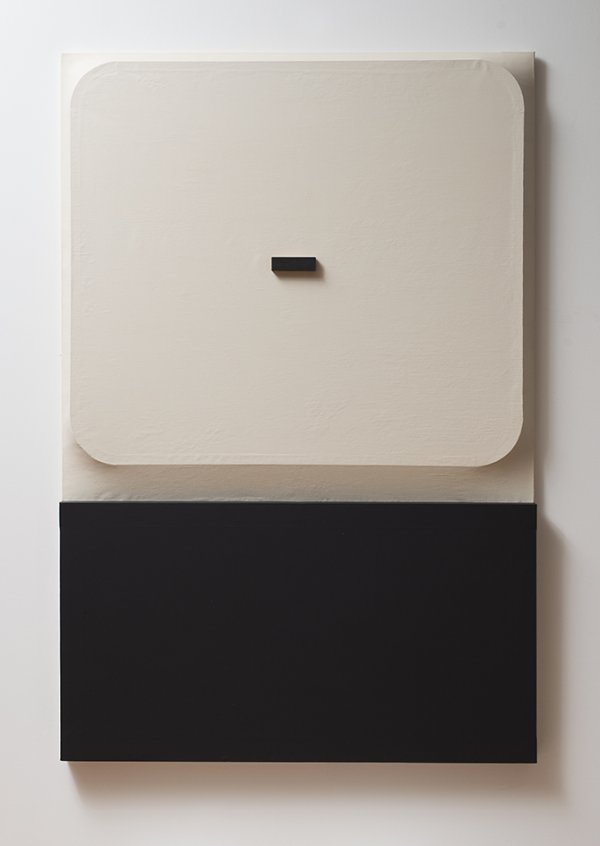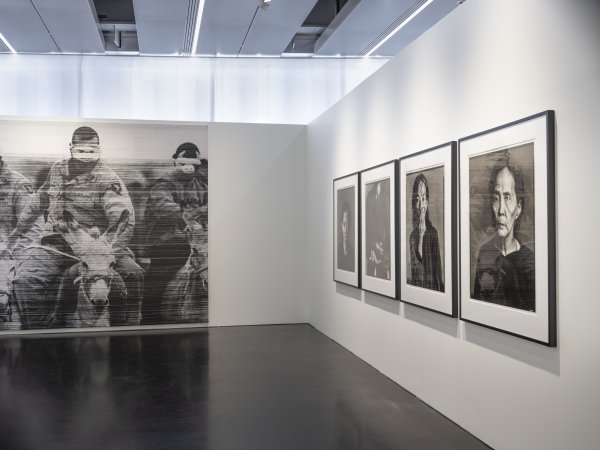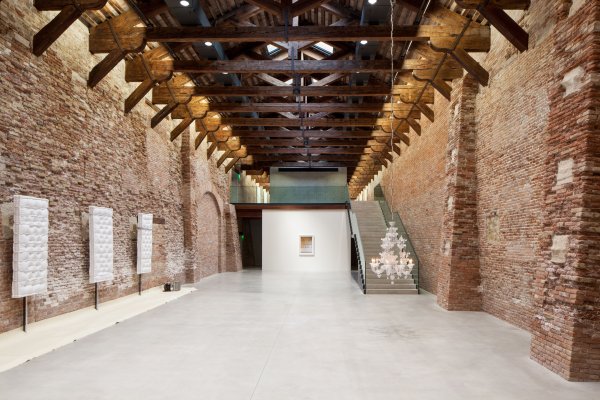Fabio
Mauri
Fabio
Mauri
Mauri
Italian, 1926 — 2009
When cinema and television invaded daily life in the 1950s, Fabio Mauri understood that the screen had become the main “symbolical form” of the world. That was when he created his first “Screens”, monochrome canvases that represented blank cathode-ray tube television screens. He continued to explore the subject of memory and fiction in his performances in the 1970s.
Fabio Mauri is a master of the Italian avant-garde movement. Growing up in postwar Italy, Mauri developed in intellectual environments frequented by major writers and artists. Endowed with an acute sense of social responsibility and engaged in anti-Fascism, Mauri invites the viewer to examine the experience of the real with a critical eye.
The work of Fabio Mauri is the subject of a number of retrospectives, such as MADRE in Naples (2016). The Pinault Collection showed his work for the first time at the 2016 “Accrochage” ("Hanging") exhibition at the Punta della Dogana.
Fabio Mauri is a master of the Italian avant-garde movement. Growing up in postwar Italy, Mauri developed in intellectual environments frequented by major writers and artists. Endowed with an acute sense of social responsibility and engaged in anti-Fascism, Mauri invites the viewer to examine the experience of the real with a critical eye.
The work of Fabio Mauri is the subject of a number of retrospectives, such as MADRE in Naples (2016). The Pinault Collection showed his work for the first time at the 2016 “Accrochage” ("Hanging") exhibition at the Punta della Dogana.









